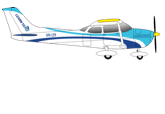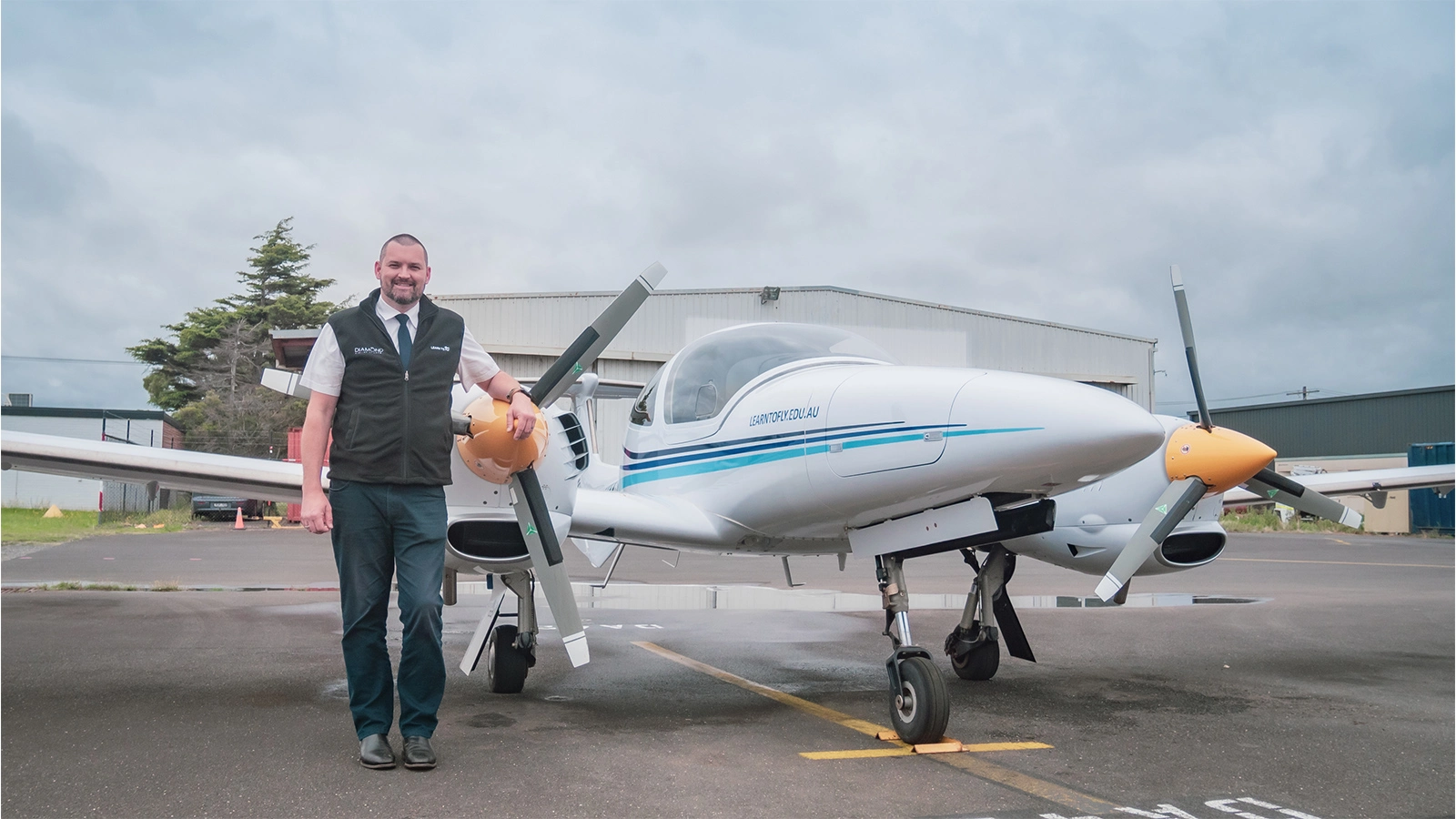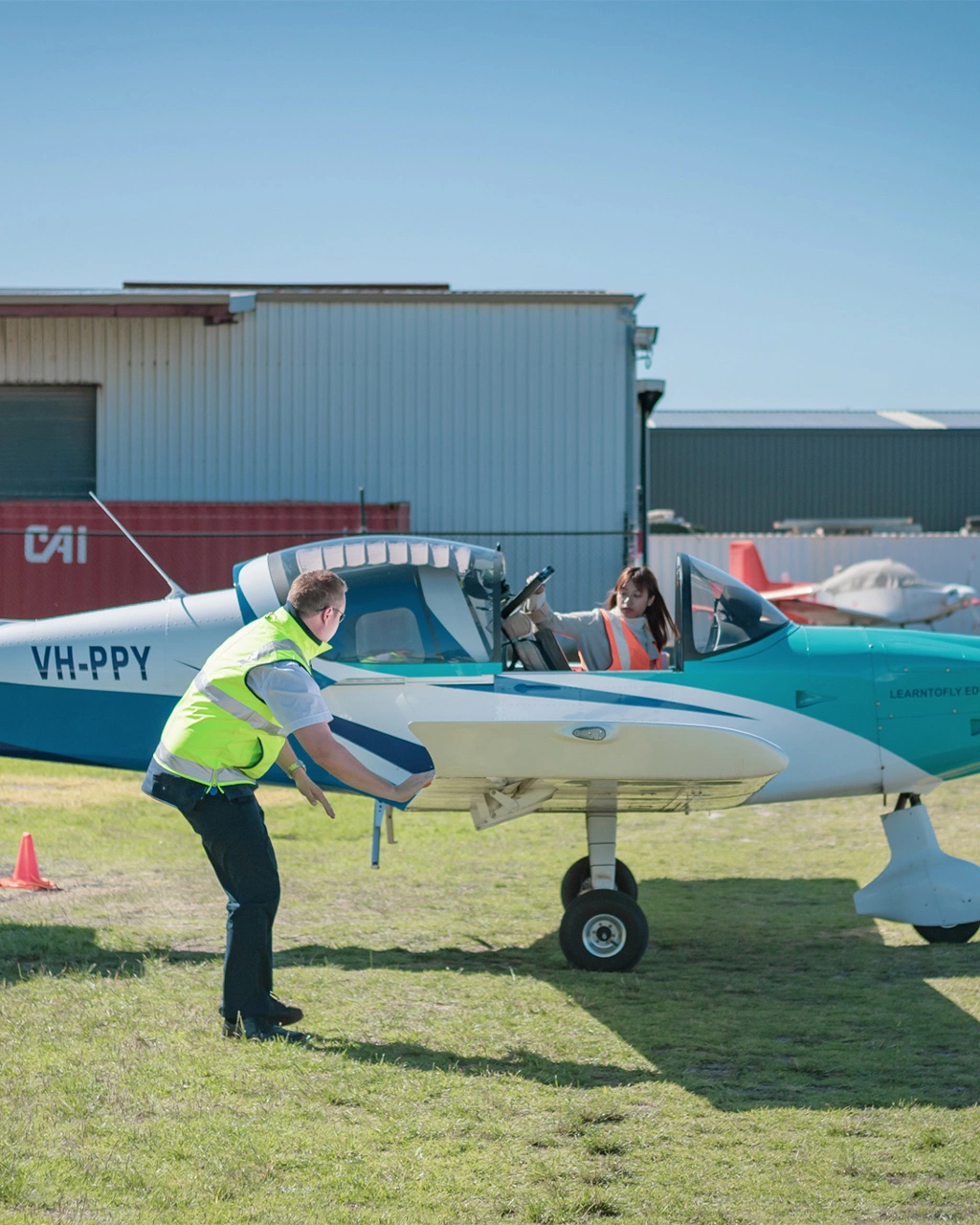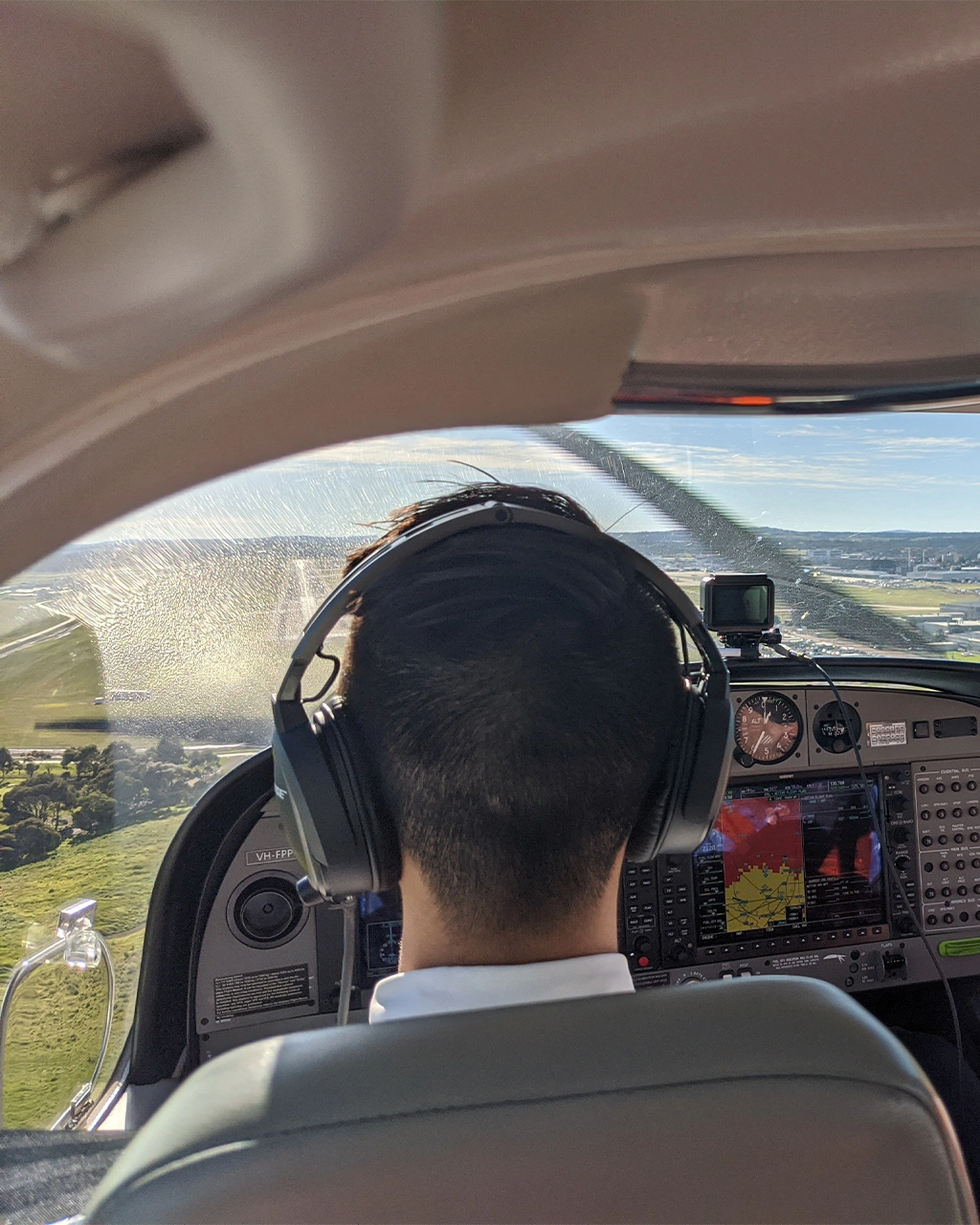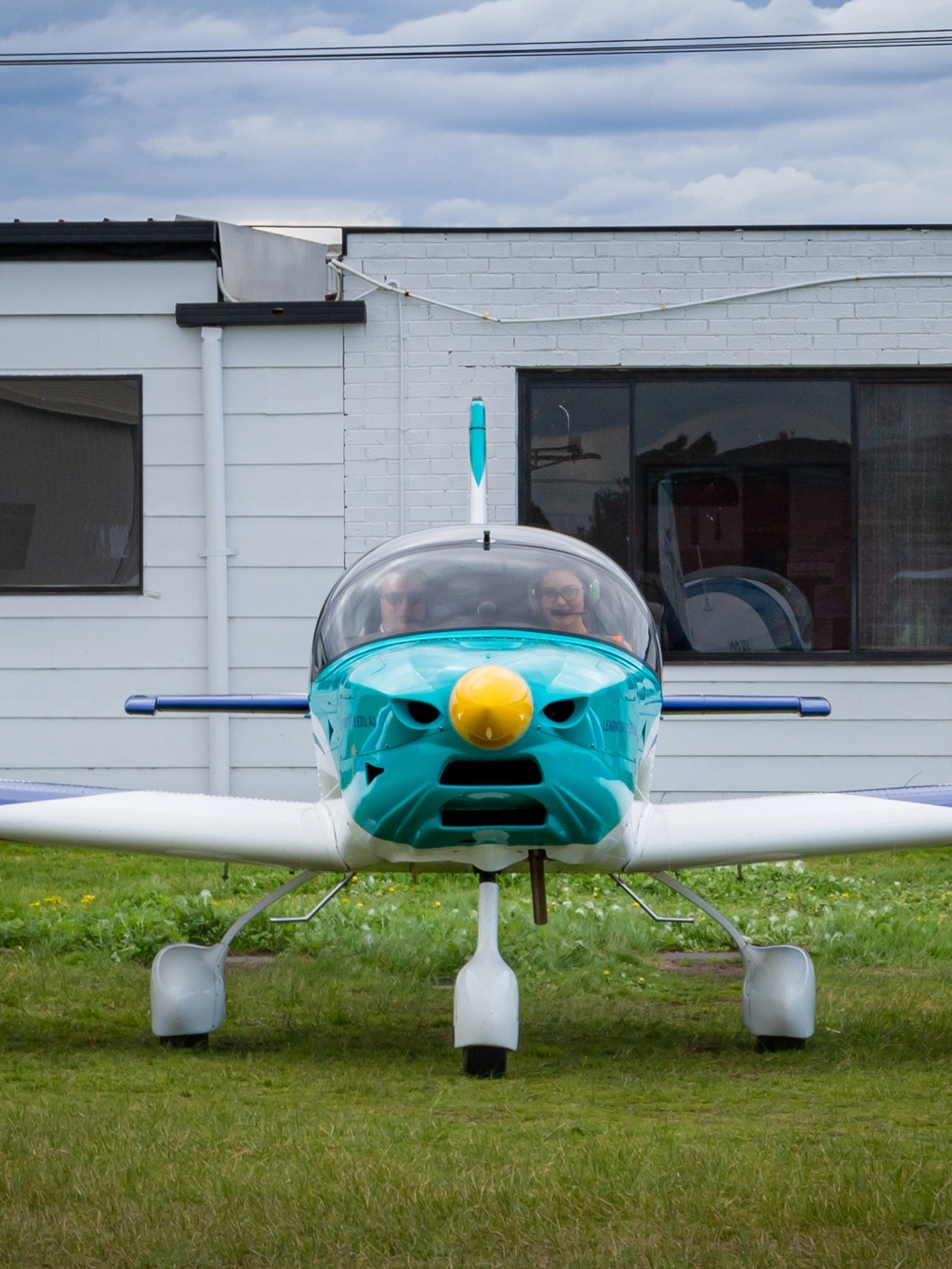
A commitment to safety.
Human Factors Awareness Training
Select delivery methods

Commencing in
Duration
Better Decision Making Means Better Pilots
The Human Factors Awareness Training Theory Course has been developed based on local Australian recommendations to introduce structured Human Factors training that covers safety, human performance, communication, teamwork and overall decision making. Aspects and considerations of Human Factors are critical for pilots and aviation operators regardless of whether they are highly experienced or just beginning their training. Understanding the considerations of Human Factors helps to improve your decision-making processes, which will ultimately make you a better pilot or operator of a flying organisation at any stage of your career.
Making A Commitment To Safety
Human Factors research shows a pattern that links the top five safety risks as almost always involves some form of “Human Error”. Previously, human error was considered a cause of failure. However, with Human Factors studies that view has evolved, and we now see human error not as a cause, but as a symptom of a system failure. Whilst Human Factors and safety training has not been mandated by CASA, an increased understanding of its importance means that it is now being recommended both locally and globally. The fundamentals of this course have been developed in line with our continued commitment to leading the way with safety in flight training.
-
1. Creating A Just Culture
A “Just Culture” is crucial to maintain consistently high safety standards and promote Human Factors awareness. A Just Culture describes a learning environment and attitude that focuses on improvement through participation in the study and educational sessions, and open communication in discussions
-
2. Communication and Teamwork
Communication comes in many forms including verbal, physical and even subconscious. Pilots at all levels maintain important relationships with both flight crew and ground staff, and the effectiveness of communication and teamwork can have a huge impact on safety.
-
3. Situational Awareness & Decision Making
Situational Awareness is often described as “The Big Picture” and has been identified as a key contributing factor in numerous aviation incidents and accidents. We will examine the route that Situational Awareness takes to lead towards effective decision making and its importance in the safe operation of aircraft in all scenarios
-
4. Threat & Error Management (TEM)
TEM forms a crucial part of flight training and whilst subjective, how it is presented can be as important as the content itself. We will explore the numerous methods through which TEM can be presented, and discuss the most effective ways to communicate this information to the next generation of pilots as well as future colleagues or employees
-
5. Human Factors Within YOUR Organisation
How Human Factors relates to you and your flying organisation is a topic that should be considered by pilots, staff, and organisations alike. This section will discuss and review the key areas and they can relate to or be applied within various organisation types. This module will explore the real-life experiences of participants, giving you a more practical insight.
-
6. Human Factors Training & The Aviation Industry
This module looks at how key topic areas such as human performance, communication and teamwork relate to individual pilots, and then also how they relate to the wider aviation community. Understanding these topics leads to more effective situational awareness, risk reduction, and improved safety in your own role within the aviation industry
-
7. Human Factors & Flying Organisations
It is important that Human Factors moves beyond just theoretical topic areas. Evolving knowledge into practical applications within flying organisations is essential to improve safety in day-to-day operations. We will expand on previous lessons to develop methods to enhance your efficiency and approach to Human Factors for yourself and your team.
Supercharged by Learn To Fly
Course Content
Every student pilot should enjoy flying. Learn To Fly is constantly creating resources to help students do just that. Not only modern aircraft, but also facilities, experienced instructors and curriculums to create magical learning experiences and make every moment of air time worth it.
See why there’s no better place to learn to fly.
Our Graduate
Alexey Khodakovskiy“Learn To Fly’s Human Factors Awareness Training course is aimed at educating on the fundamental aspects of Human Factors, with the goal of improving safety and the performance of people in the aviation industry. This course provides enormous benefits not just to individual pilots and employees, but to the overall safety culture within any aviation organisation.“
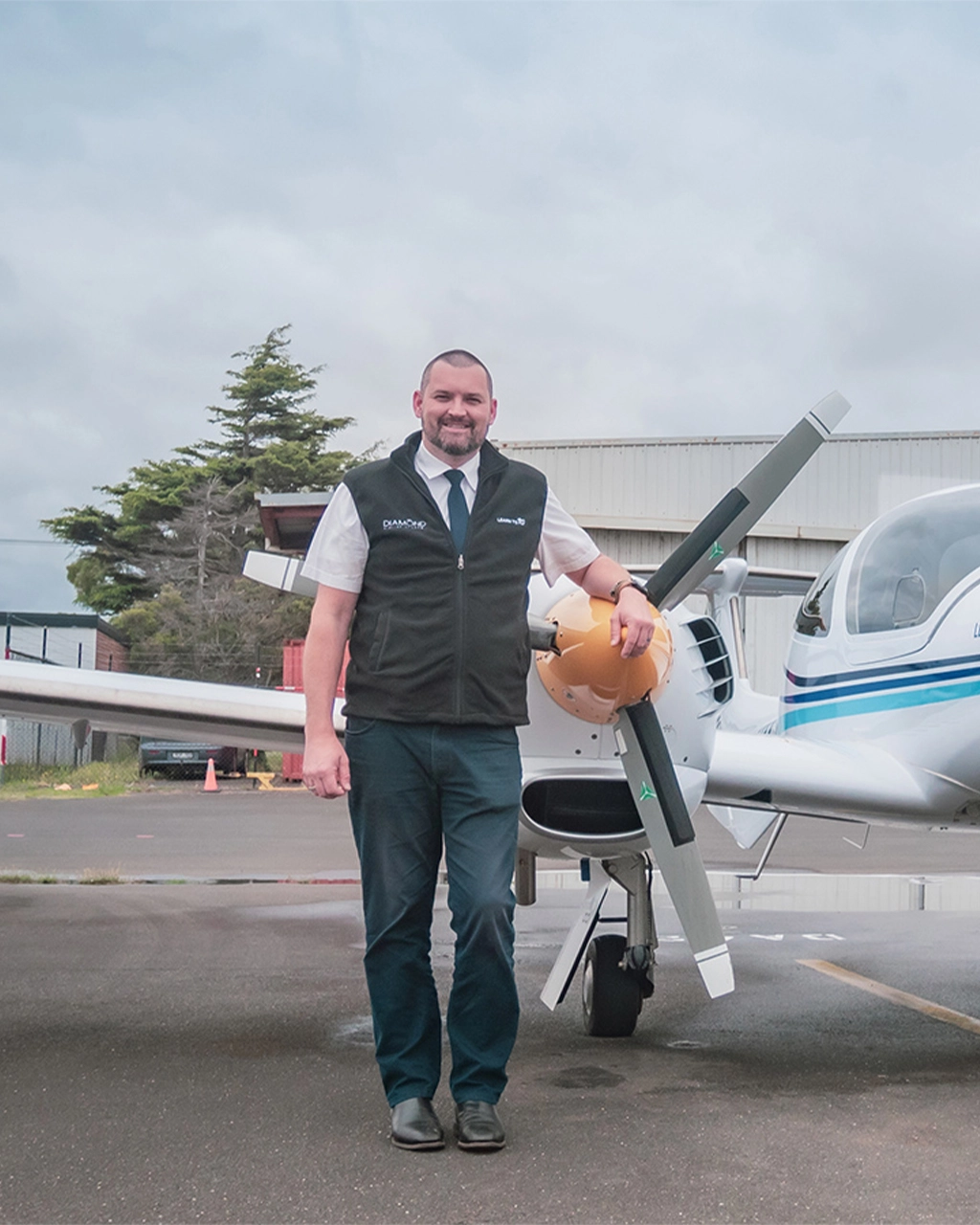
Start Your Flight Training Now.
Download Our FREE Course Guide
Our training program will support your learning and develop your flying skills in and out of the classroom. For detailed information on the course, including program introduction, prerequisites, training syllabus, fees and more, please download our FREE Course Guide.





